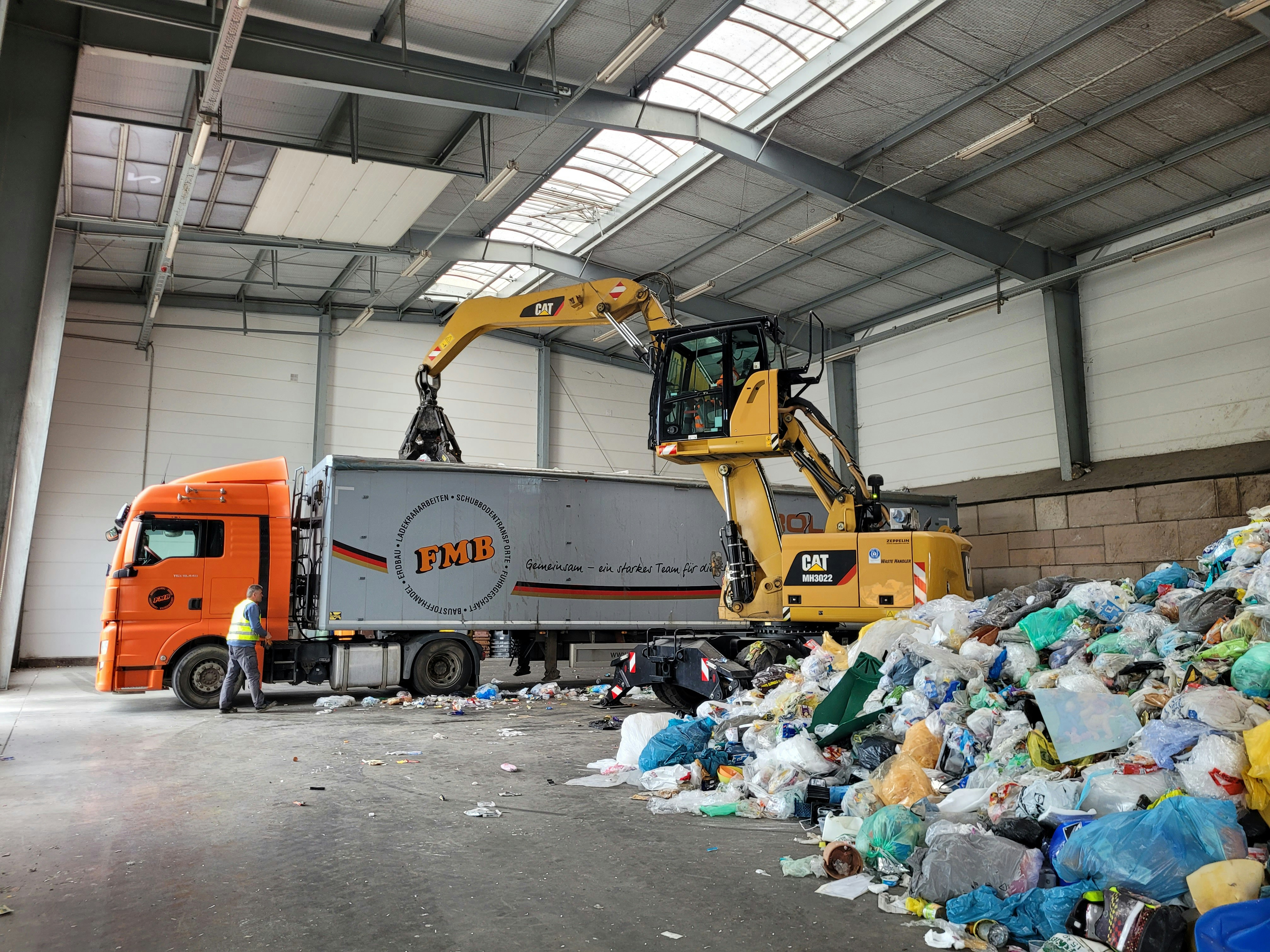Introduction to Carton Machines
Carton machines play a crucial role in the packaging industry, transforming flat sheets of cardboard into sturdy boxes that protect and transport products. These ingenious machines streamline production and enhance efficiency, making them indispensable for manufacturers worldwide. Whether you’re producing food items, electronics, or cosmetics, carton machines ensure your goods are safely encased and ready for shipment. Curious about how these fascinating devices operate? Let’s dive deeper into the world of carton machines to explore their types, components, processes, advantages, and maintenance tips!
Types of Carton Machines
Carton machines come in various types, each designed to fulfill specific packaging needs. The most common categories include folding carton machines, which create boxes from flat sheets of cardboard. These machines score, fold, and glue the cartons into shape.
Another type is the corrugated box forming machine. It specializes in producing sturdier boxes that can withstand heavier loads. This makes them ideal for shipping and storage purposes.
There are also automatic carton sealing machines that efficiently seal pre-formed cartons using adhesive or tape. They streamline the packing process by ensuring consistency and speed.
There are custom-made carton machines tailored for Carton Machine Price unique designs or dimensions. These versatile options help businesses meet specialized requirements while enhancing their product presentation. Each machine type plays a vital role in modern packaging operations across various industries.
The Components of a Carton Machine

A carton machine consists of several essential components that work in harmony to produce high-quality cartons. At the heart of the operation is the feeder. This part supplies raw materials, typically flat sheets of cardboard or paperboard, into the system.
The next crucial element is the forming section. Here, these sheets are folded and shaped into cartons using specialized dies and molds. Precision is key during this phase to ensure correct dimensions.
Adhesive application comes next, where glue or tape secures edges for stability. The sealing unit then presses these components together firmly to form a complete structure.
There’s the printing mechanism that adds branding or product information directly onto each carton. This detail enhances visibility on store shelves and communicates vital details to consumers effectively. Each component plays a distinct role in delivering functional and appealing packaging solutions.
The Process of Carton Making
The carton making process begins with raw materials, typically paperboard. This material is sourced and prepared to ensure high quality.
Next, it goes through a series of mechanical operations where sheets are cut into specific sizes. Precision is key here; accurate dimensions lead to better end products.
After cutting, the sheets undergo printing if required. Various designs and logos can be added at this stage. The ink formulation must be compatible with the carton material for optimal adhesion.
Following printing, the sheets are folded and glued into shape. Automated machines handle this task efficiently, ensuring uniformity across batches.
Finished cartons are stacked neatly for packaging or shipping. Quality checks occur throughout the process to maintain standards and prevent defects from reaching customers. Each step plays a vital role in producing durable and visually appealing cartons that meet market demands.
Advantages and Uses of Carton Machines

Carton machines offer a range of advantages that make them essential in various industries. They enhance production efficiency by automating the carton-making process. This significantly reduces labor costs and minimizes human error.
These machines produce high-quality cartons consistently, ensuring that products are well-packaged for transport and display. Their ability to handle different sizes and types of materials allows businesses to adapt their packaging solutions as needed.
Moreover, carton machines contribute to sustainability efforts. Many modern versions use recyclable materials, reducing waste and promoting environmental responsibility.
Industries such as food and beverage, technology cosmetics, electronics, and pharmaceuticals rely heavily on carton machines. They ensure safe storage while maintaining product integrity throughout the supply chain.
The versatility of these machines makes them invaluable for both small-scale operations and large manufacturing plants alike. By streamlining processes, they help companies meet increasing demand without compromising quality or speed.
Maintenance and Troubleshooting Tips
Regular maintenance is crucial for the longevity of your carton machine. Start by keeping the machine clean. Dust and debris can hinder performance, so a routine cleaning schedule is essential.
Lubricate moving parts regularly to minimize friction and wear. Use manufacturer-recommended oils or greases to ensure optimal operation.
Check for any loose screws or bolts frequently. Vibration during operation can cause components to loosen over time, leading to potential malfunctions.
If you encounter issues like misalignment or inconsistent carton quality, inspect the feed system first. Adjust it as necessary to maintain smooth flow.
Always refer to the user manual when troubleshooting problems. It provides specific guidelines tailored for your model that can save time and prevent further complications.
Keep a log of all maintenance activities and repairs performed on the machine. This helps track performance trends and identify recurring issues efficiently.
Conclusion
Carton machines play a vital role in modern packaging and manufacturing industries. They streamline the carton-making process, enhancing efficiency and productivity. These machines come in various types to suit different needs, each designed with specific components that work harmoniously.
Understanding how these machines function empowers businesses to optimize their operations. From creating sturdy boxes for shipping to crafting colorful cartons for retail products, the applications are vast. Maintenance ensures longevity and smooth operation while troubleshooting tips can save time and resources.
The versatility of carton machines makes them indispensable tools for many sectors. As technology advances, so does their capability, leading to even more innovative uses in packaging solutions across the globe. Embracing this machinery means embracing progress in the ever-evolving world of manufacturing and logistics.

